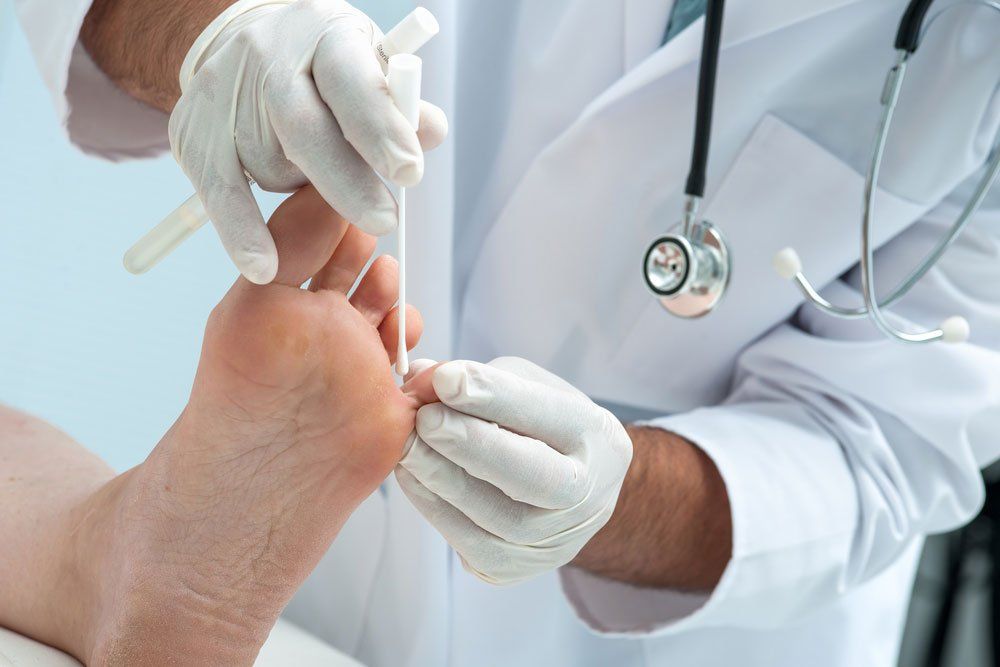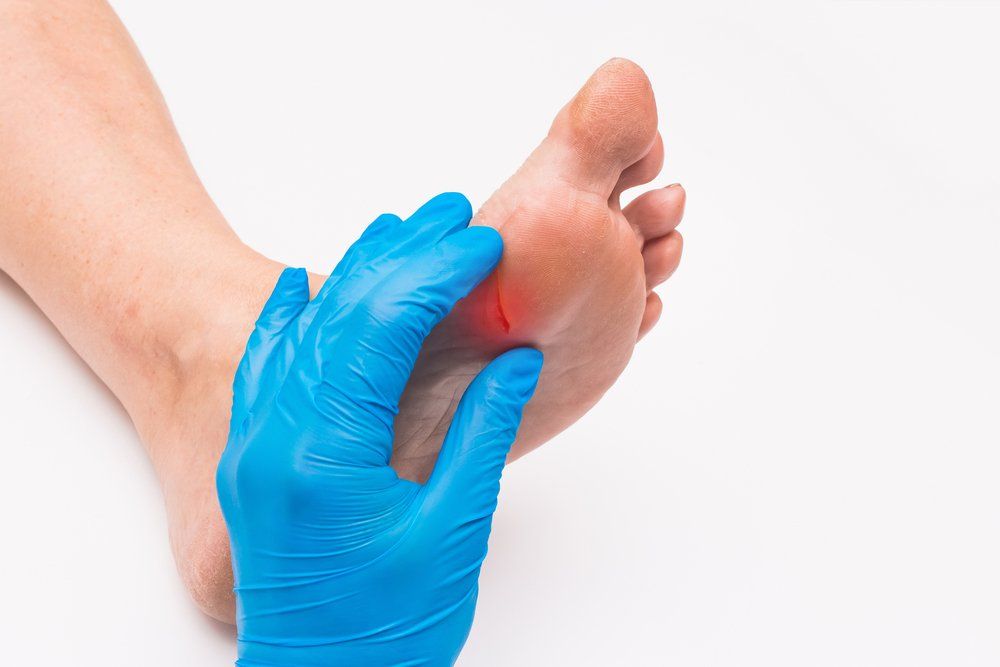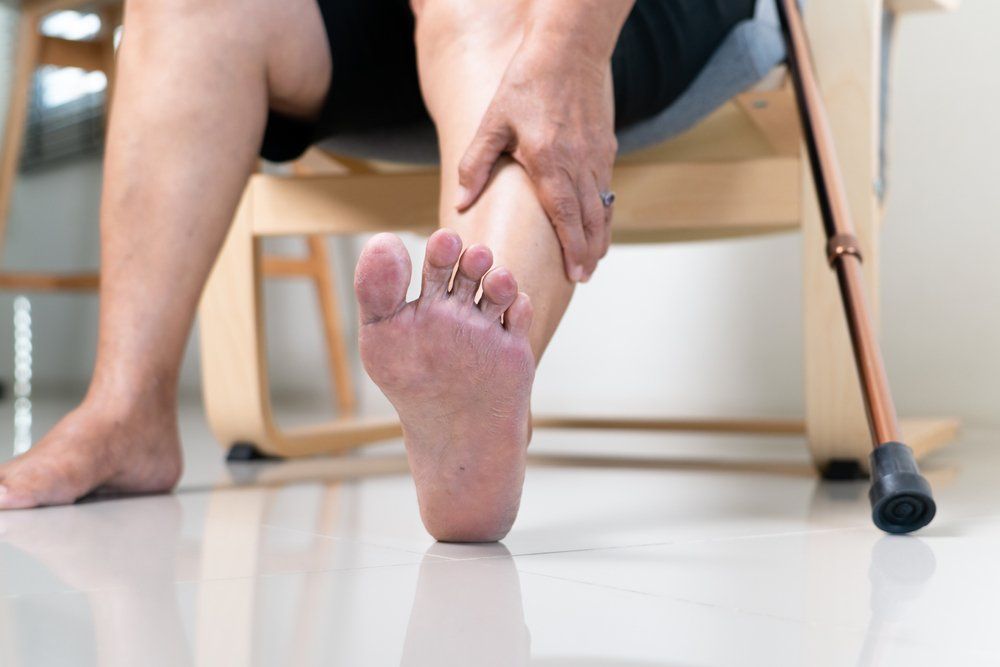We Offer Diabetic Foot Care in Forster
Regular Appointments & Health Assessments
Diabetes impacts your body’s ability to distribute glucose efficiently and can lead to a buildup in your bloodstream. This can be detrimental for your foot and leg health as excess glucose in your bloodstream can impair your circulatory system and peripheral nerves.
At Forster Podiatry, we understand that people with Diabetes are at a much greater risk of developing peripheral neuropathy and vascular complications which can lead to an increased risk of foot ulcers and amputation if they don’t have access to specialist Podiatric care. We recommend regular appointments for all patients with diabetes , children and adults alike.
Diabetes Foot Assessments should be done as a minimum:
- Once every 12 months for low risk patients
- Once every 6 months for medium risk patients
- Once every 3 months for high risk patients
Our Podiatrists will thoroughly assess your feet to determine whether you’re developing any vascular or neural changes which could affect your health outcomes. This examination includes Doppler, mono filament, vibration and reflex testing to help us identify if you’re at risk of developing diabetes related foot health issues. Get in touch with us today on (02) 6555 5808 to book an appointment or to enquire about our treatments for children.
Our Diabetic Podiatry Appointments
As qualified Podiatrists, we’re trained to assess feet for nerve damage and give you the best treatment available for your diabetes. During a check-up, we’ll examine:
- Your nerves: We’ll test your reflexes, vibration response and protective sensation using a mono filament and tuning fork to test how much feeling you have in your feet.
- Your blood vessels: Our Podiatrists will use a Doppler ultrasound to determine how much blood is flowing to your feet.
- Your skin and nails: We’ll examine your skin and nails for infections and inflammation as well as pressure areas which may lead corns and calluses.
- The shape of your feet and their movement: Our Podiatrists will inspect how much mobility you have in your feet and check your muscle strength and balance. We’ll also look at your shoes and offer footwear recommendations if required.
- Orthoses and innersoles: Available to support and balance your feet to help prevent pre ulcerative pressure areas.











